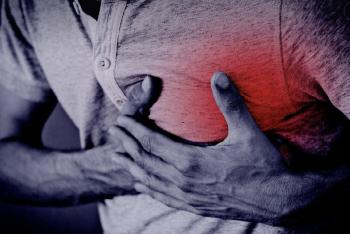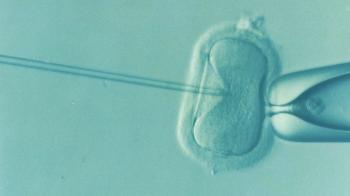If you drink coffee like this, your risk of cancer is up to six times higher
Aug 20, 2025
|
Researchers at the National Cancer Institute in the United States recently published the results of a study in the British Journal of Cancer that determined the link between hot beverage consumption and the risk of esophageal squamous cell carcinoma (ESCC).
The researchers analyzed data from more than 500,000 UK biobank participants and found that those who drank more than eight 'very hot' drinks a day had 5.6 times higher risk of esophageal cancer than those who did not drink at all.
In addition, the risk of cancer was 2.5 times higher for less than 4 cups a day, 3.7 times higher for 4 to 6 cups, and 4.8 times higher for 6 to 8 cups a day.
The same was true of the usual 'hot' drink. Up to four cups a day, there was a 1.6 times higher risk of development, 46 cups twice, 68 cups 2.5 times higher, and 8 or more cups more than three times higher.
The International Agency for Research on Cancer (IARC) under the World Health Organization (WHO) has classified hot drinks above 65 degrees Celsius as 'probably carcinogenic'.
The appropriate extraction temperature for coffee is 90 to 96 degrees Celsius and 80 to 100 degrees Celsius, depending on the type of tea, which far exceeds the carcinogenic hazard temperature.
However, in actual drinking, people usually drink between 50 and 68 degrees Celsius.
In response, the researchers explained "Hot drinks can damage esophageal mucosal cells and cause chronic inflammation, leading to genetic modification." In addition, damaged tissues may become more vulnerable to carcinogens in alcohol or cigarette smoke, it added.
As a result, experts recommend the habit of lowering the drinking temperature of beverages.
According to the study, hot drinks cool down for about 5 minutes to reduce the temperature by 10-15 degrees Celsius. In addition, the appropriate drinking temperature that maintains the safe and flavor of coffee is known to be about 58 degrees Celsius.
On the other hand, esophageal cancer has few symptoms in the early stages and often progresses by the time it is detected, so the survival rate is low.
As of 2022, the number of new patients with esophageal cancer in Korea is about 3000, and the ratio of male and female patients is about 7 to 1.
By age group, people in their 60s accounted for the most at 38%, followed by those in their 70s (about 28%) and those in their 50s (about 17%).
Squamous cell carcinoma accounts for the majority with 90.1%, and adenocarcinoma is about 2.2%.
The proportion of patients who survived for 5 years after diagnosis (five-year survival rate) is 40.9%, on average, but up to 95% can be cured if detected early.
Experts say that the proportion of esophageal cancer among all cancers is uncommon, but it is classified as a cancer with low survival rates due to its late diagnosis. In particular, it occurs frequently in men in their 60s or older, so regular endoscopic examinations are very important in that age group. "
This article was translated by Naver AI translator.














